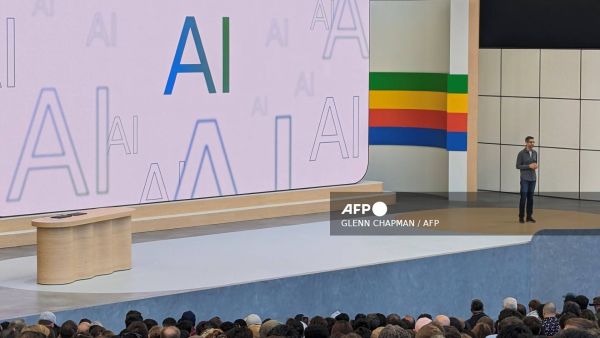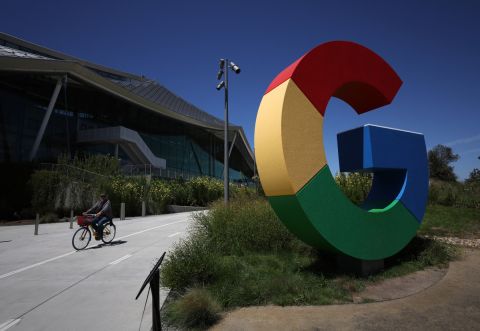ALBAWABA - During Google's latest earnings call for the third quarter, CEO Sundar Pichai disclosed that artificial intelligence systems are now responsible for the generation of more than 25 percent of the company's new code, with human review stepping subsequently.
"We are using AI internally to improve our coding processes, boosting productivity and efficiency," Pichai remarked, highlighting that this approach helps developers to work more quickly and as efficiently as possible.
“Today, more than a quarter of all new code at Google is generated by AI, then reviewed and accepted by engineers,” Pichai revealed, as reported by Ars Technica.
Google, posing itself as an early adopter in the field of generative artificial intelligence, has established its own proprietary Gemini AI as the basis for a broad range of its products and services, including Pixel devices, Google Search and Maps.
The integration of Gemini also highlights the company's ambition to employ artificial intelligence across all operational levels, from product development to customer-facing solutions, marking a fundamental shift in the way that technology firms approach the development of software.
While AI could enhance the coding process, there is still debate about its growing use. Despite its efficiency, some contend that AI-generated code might pose threats as AI-assisted developers may unintentionally add more bugs to their code while claiming higher confidence in its security, according to a Stanford University research from 2023.
In the midst of its advancements in AI, Google is being scrutinized on other fronts after a court ruled in August that Google's search and advertising business was a monopoly, raising the possibility of regulatory challenges that might have an effect on the company's efforts to expand its artificial intelligence-based projects, CNET reports.









